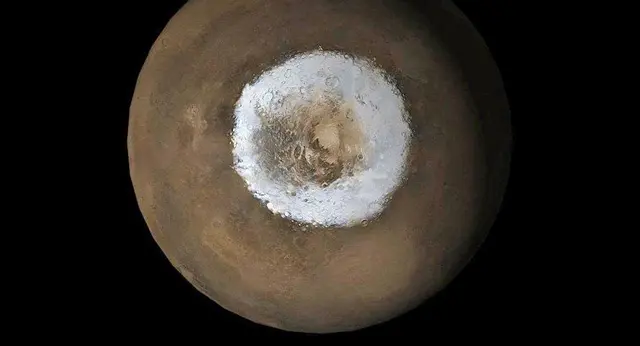Orbital ATK's automated cargo spacecraft, Cygnus, was successfully unberthed from the International Space Station on Sunday, beginning its experimental missions before it reenters Earth's atmosphere, the U.S. aerospace company said on June 4.
During the next week, the spacecraft will conduct three secondary payload missions including the Saffire-III fire experiment, deployment of four CubeSats and an experiment to further study spacecraft conditions upon reentry into the Earth's atmosphere, the company said in a statement.
For the Saffire-III fire experiment, after Cygnus moves to a stable orbit, engineers will remotely and intentionally ignite and record a 20-minute large-scale fire that will grow until it burns itself out inside the vessel, the U.S. space agency NASA said.
It will be the third time the Cygnus has been used to study the behavior of fires in microgravity. The first two experiments were successfully completed in June and November of 2016 respectively.
"As the first chance to actually study a realistically scaled fire, the Saffire experiments have provided valuable insight into fire behavior inside a confined low-gravity environment," David Urban, Saffire principal investigator, said in a NASA statement." We will use this knowledge to create a safer environment for human missions, preventing spacecraft from fires."
Besides, the spacecraft will use three Reentry Data Collection Flight Recorders to provide crucial data about the extreme conditions that a spacecraft encounters when reentering the Earth's atmosphere, according to the company .
Researchers will also test the performance of different heat shield materials that may be used on future U.S. space missions.
The resupply mission, known as OA-7, began on April 18 and is scheduled to end on June 11.
Prior to departure, the crew loaded Cygnus with approximately 1,950 kilograms of items, marking the largest amount of material removed by Cygnus during its cargo resupply missions.
(ASIA PACIFIC DIALY)
 简体中文
简体中文



